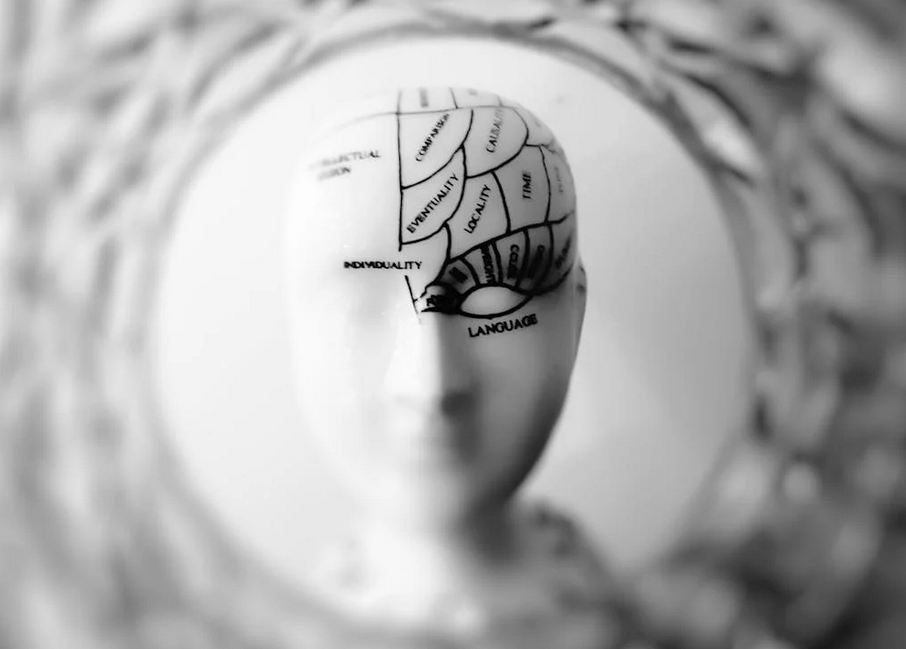As life spans continue to get longer, and we become more aware of the complications that can arise with that, such as an increasing risk of cognitive decline, it’s no surprise that many are looking at how to better preserve our faculties as we age. The world of cognitive health is one that we still have a fairly limited grasp on, in terms of therapy and treatment, and as such, there’s some promising research on potential treatment pathways.
The Role Of Personalization
General diagnostics is starting to make way for personalized, data-driven care when it comes to cognitive health. There have been significant advances in genetic testing and brain imaging to help doctors get a better understanding of individual neurochemical profiles. This can lead ot more precise prescriptions based on what a person struggles with, whether it’s mental clarity, memory retention, or mood regulation.
Is AI The Rising Star in Brain Health?
A lot of people are somewhat skeptical of the role of AI in healthcare, which is understandable, but it has already played a significant role in cognitive healthcare, from early detection of neurodegenerative diseases to real-time tracking of mental health markers. AI-driven platforms will help clinicians and patients make more informed decisions. Wearables and brain-computer interfaces may monitor focus, emotional state, and memory function, alerting users to early signs of burnout or cognitive fatigue. AI may be able to provide proactive approaches to brain health management, rather than forcing us to always play on defense.
The Rise Of Nootropic Research
There has been a huge swell in interest in the field of nootropics, smart drugs that are designed to improve brain functions, like memory and focus. Biotech firms are exploring experimental compounds from suppliers like Science.bio, for instance, for their ability to influence memory, anxiety, and overall executive function. Nootropics have been in the fringe supplement space for a while, but with further research and regulations, they may soon be integrated into mainstream care of our cognitive health.
Prevention As The Cure
Proactive maintenance and prevention of cognitive decline have become a much bigger focus in recent years. Much like we exercise to prevent heart disease, among other things, we can adopt brain health habits, including meditation, sleep hygiene, and a diet rich in omega-3, to delay cognitive aging as well. Now, there are even clinics offering brain optimization services, with coaching for memory, mood, and focus.
A Place For Psychedelics?
While still a fairly controversial topic for some, psychedelic compounds such as psilocybin and MDMA are undergoing serious clinical research for their potential to treat PTSD, depression, and trauma-based cognitive dysfunction. As such, it’s not unthinkable that the future of cognitive care may include practices like microdosing for emotional recalibration. While the world of medical treatment often brushes up against societal stigma, regulations could see these treatments someday being professionally administered or even prescribed in low-risk cases.
The question of cognitive health, especially in old age, is likely to be a question we continue to grapple with for the foreseeable future. However, as the points above show, there are efforts that show real promise.




